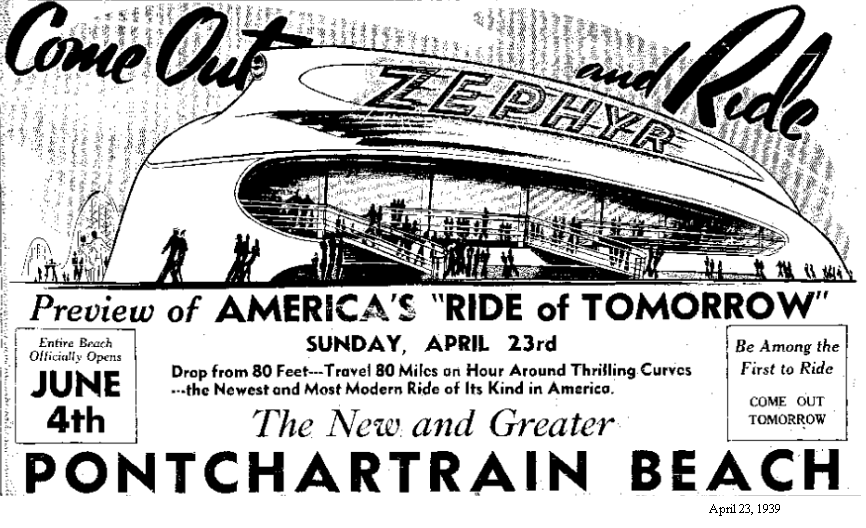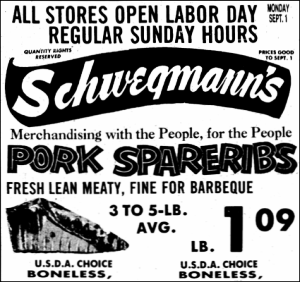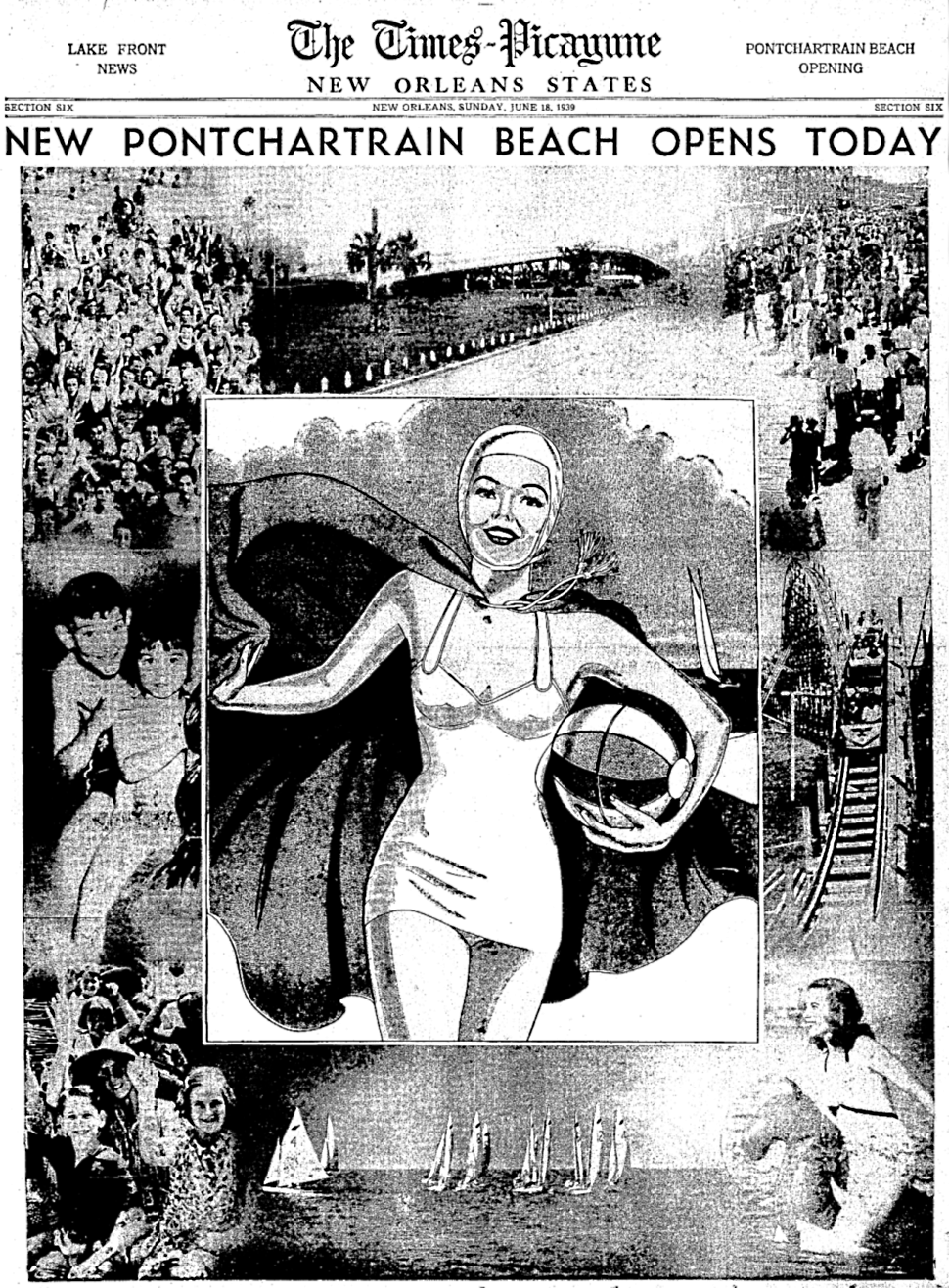|
Today in New Orleans History |
|
|
June 18



 

To receive an update for each day in New Orleans history,
join our facebook page - Today in New
Orleans History
Louis Alter (June 18, 1902, Haverhill, Massachusetts – November
5, 1980, New York City, New York) was an American pianist, songwriter and composer. Alter was 13 when he began playing piano
in theaters showing silent films. He studied at the New England Conservatory of Music under the tutelage of Stuart Mason.
Alter played in vaudeville houses as the accompanist for headliners Irène Bordoni and Nora Bayes. He appeared with
Bayes from 1924 until her death in 1928, touring the United States and abroad. Since he had previously written some songs
for Broadway shows, Alter decided to concentrate on songwriting after Bayes' death. His first hit was "Manhattan Serenade"
(1929). In 1929, Alter moved to Hollywood, where he wrote songs for films, beginning with The Hollywood Review of 1929, and
he continued to provide piano accompaniment for various singers, including Beatrice Lillie and Helen Morgan. His contributions
to Broadway musicals included songs in Sweet and Low (1930) and Ballyhoo (1931). His first song hit was "Hugs and Kisses"
in 1926. In 1928, Alter composed the music and wrote the lyrics of Paris (1928 musical). Other top tunes by Alter include
"My Kinda Love," "You Turned the Tables on Me," "Nina Never Knew," "Do You Know What It
Means to Miss New Orleans" (for the 1947 film New Orleans), "Blue Shadows" and "Rainbow on the River."
He wrote "A Melody from the Sky" and "Twilight on the Trail" for The Trail of the Lonesome Pine (1936).
His collaborators included Oscar Hammerstein II, Charlotte Kent, Raymond Klages, Sidney D. Mitchell, and Jo Trent. Twice nominated
for Academy Awards ("Dolores," "A Melody from the Sky"), he was inducted into the Songwriters Hall of
Fame in 1975. At age 78, he died of pneumonia in New York's St. Clare Hospital. After Hurricane Katrina "Do You Know
What It Means to Miss New Orleans" was used for strong emotional effect in Spike Lee's four-hour When the Levees Broke
(2006) and an equally moving dramatic sketch by Billy Crystal on HBO's Comic Relief 2006. (WIKI)
|
|
|

To receive an update for each day in New Orleans history,
join our facebook page - Today in New
Orleans History.
Analytics |


